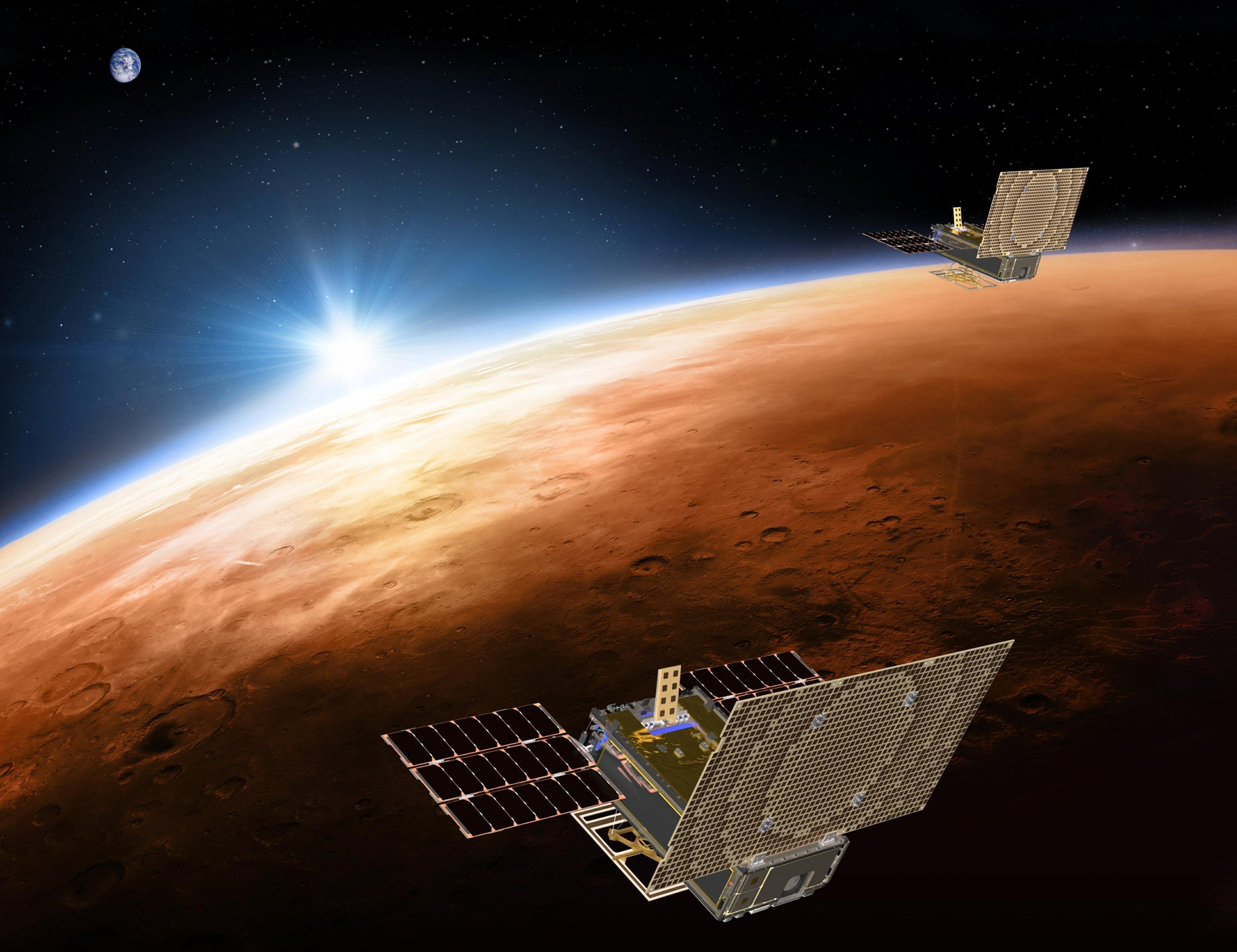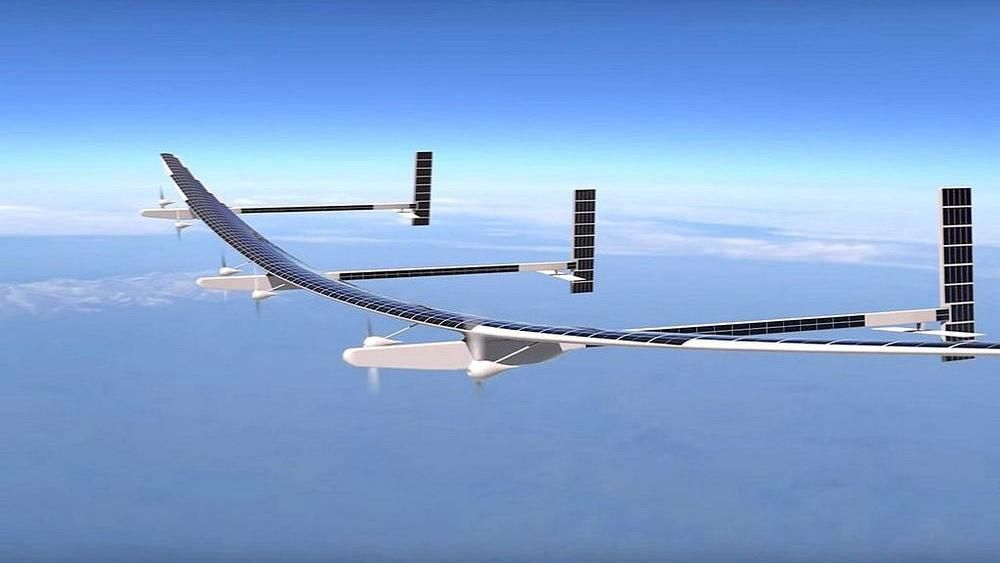Earth’s natural resources largely determine the global economy’s ebb and flow. As such, the effects of climate change continue to cause concern among economists and environmentalists alike.
In 2018, professors William Nordhaus and Paul Romer won the Nobel Prize in Economics for their work exploring how climate change affects economic stability. Ultimately, the pair’s research found the phenomena to be closely linked. The case for investment in sustainable ventures is clear: Without such commitments, both the planet and the global economic ecosystem will suffer.
Sustainable investments may jump start the slow process of changing consumer habits. Below, we examine the economy-boosting benefits of environmentally friendly business models — and how sustainable investment plays an important role.









